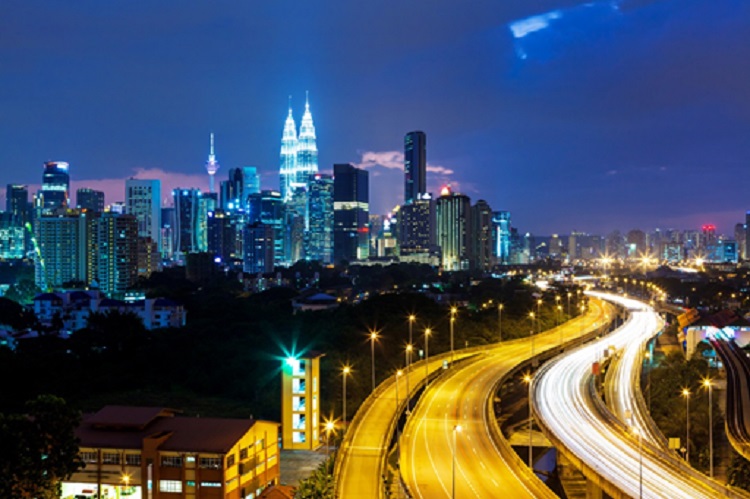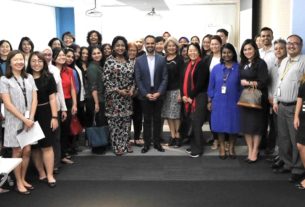Working conditions that used to exist for expatriates in Malaysia nearly two decades ago is a far cry from how it is now, especially in light of the recent budget 2015 announcement. One noteworthy allocation is the one-year work permit exemption given to foreign start-ups that come here.
 This gesture, akin to a warm welcome embrace, is the exact opposite of what Nigel McGonigle (pic) experienced in 1997, a period he described as “an era of anti-expat feeling as a result of global financial crisis at that time”.
This gesture, akin to a warm welcome embrace, is the exact opposite of what Nigel McGonigle (pic) experienced in 1997, a period he described as “an era of anti-expat feeling as a result of global financial crisis at that time”.
He recalls walking into the immigration office in 1999 to renew his work permit and seeing a newspaper clipping with the headline screaming for foreign workers to go back to their countries.
An Irish national who first came to Malaysia in 1996, Nigel works for a UK-based consulting firm that manages facilities in the Asia-Pacific region. To date, he has lived a better part of two decades in Malaysia.
Glass ceiling
One big reason that brings foreign talent to our shores is typically to fill the gap in skills and expertise that companies here have. They would typically hire talent from overseas to take care of that one particular area.
The downside according to Nigel is that “that person is going to do that particular job for the rest of his life, which can be difficult.”
“I was brought in for a specific task… I was essentially ‘silo-ed’ off from the rest of the organisation,” he explained.
In short, it’s difficult to move further up the ranks as well.
This is usually the case for foreign talent in local companies or even global multinational companies that have a policy to hire local talent.
In Nigel’s case things turned out happily for him, when his UK employers seconded him to another project with another MNC, that now sees him taking on a regional role.
Attracting work talent
For expats like Nigel who have worked and lived in this region for nearly 20 years, Malaysia is making an effort to attract talent to Malaysia.
The work landscape is also evolving as Malaysia recognises the importance of the digital economy and executes policies to drive it.
Besides local companies hiring individual foreign expertise, skills and talent, there have been many recent initiatives to grow and spur the overall economy by making it attractive for foreign companies to set up business here.
2013 saw Malaysia recording its highest ever foreign direct investment (FDI) ever at RM38.7 billion, a whopping 24-percent increase over 2012. This is well above the global average of 11%.
Living here
Besides for work, Malaysia is making itself attractive for foreigners to settle down for the long term and call Malaysia home, with migration programmes like Malaysia, My Second Home (MM2H).
“There used to be a bit of colonial slant in terms of what was around at the time. Now (buildings) are all big and modern, everything is new, it has changed beyond recognition,” said Nigel.
Not only that, but society has changed as well.
Nigel described, “When I first arrived, Malaysians still remembered being colonised just 30 years before. And people connected with you a little bit because of that as well.”
He observed that, since then, there has been an increase in population from 19 million to 30 million, and, with the younger generation, there isn’t as much of a ‘colonial bent’ as before.
In his leisure time, Nigel also likes to travel to neighbouring countries, one of the ‘perks’ he enjoys because it is so easy and affordable to do so from Malaysia.
*Cat Yong is Editor-in-Chief of Enterprise IT News




